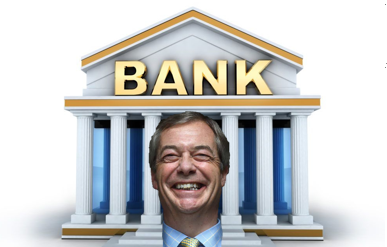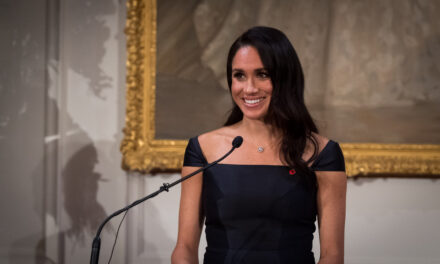Nigel Farage, known for his staunch conservative views, is gearing up to establish what he dubs the “Bank of Nigel” – a financial institution positioned as the world’s first “anti-woke bank for conservatives.”
The announcement has stirred both anticipation and debate, with supporters lauding the effort as a response to what they perceive as the growing influence of progressive ideologies in various sectors, including finance.
“We need a place where conservative values are respected, and financial decisions aren’t influenced by woke agendas,” remarked one supporter of the initiative.
The concept of an “anti-woke” bank has raised questions about the intersection of finance and political ideology, with critics arguing that such a bank could promote division and polarization within the financial landscape.
“It’s important to consider how a bank’s stance on ideological matters might impact its clientele and broader financial stability,” cautioned a financial analyst.
The proposal shines a spotlight on the role of financial institutions in reflecting and navigating societal values. It also underscores the evolving landscape of consumer preferences and the intersection of ideology and commerce.
As Farage’s endeavor moves forward, it will likely continue to spark discussions about the role of finance in shaping societal debates and the implications of creating financial entities aligned with specific political viewpoints.
The establishment of the “Bank of Nigel” raises larger questions about the responsibilities of financial institutions to remain neutral and inclusive while catering to diverse customer bases. It will also be interesting to observe how this initiative might influence the broader financial industry and consumer behaviors.
Regardless of one’s perspective on the concept, the proposal introduces an innovative twist to the financial world, pushing conversations about politics, values, and commerce into new territory.
















